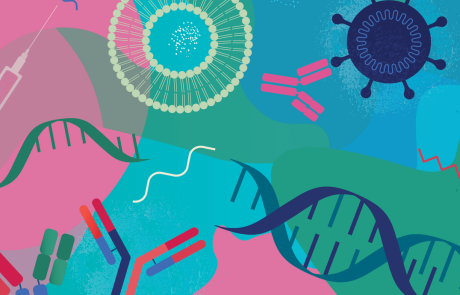
BRI and VM Collaboration Sheds Light on Early Predictors of Severe COVID-19
Aaron Rips started volunteering at a New York hospital right as the city became the epicenter of the pandemic in spring 2020. “My experience there motivated me to get involved in COVID-19 research as soon as I could,” says Aaron, a medical student at New York Medical College.
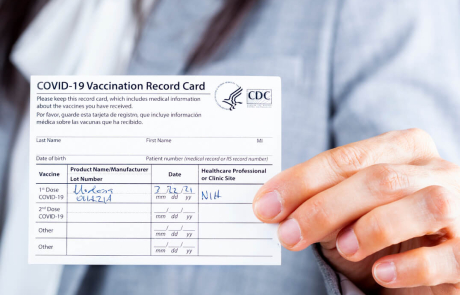
Despite Possible Side Effects, Shoot for the COVID-19 Shot
Sore arm. Fever. Body aches. We’ve all heard about the possible side effects when it comes to getting the COVID-19 vaccine – but how serious are they? And what is happening in our bodies when we feel these reactions?

Why is Lupus so Hard to Diagnose?
Juana Mata’s symptoms started with joint pain that came and went. Then she noticed a rash on her face. When she started getting ulcers in her mouth and nose a few months later, she went to urgent care.

“Cure Diabetes, That’s The Dream”: Inside One Scientist’s Quest to End T1D
Before BRI Lab Aide Noah Biru had degrees in engineering and biochemistry — and was headed to Yale to pursue a PhD in immunology — he was a little kid who wanted to help his mom.
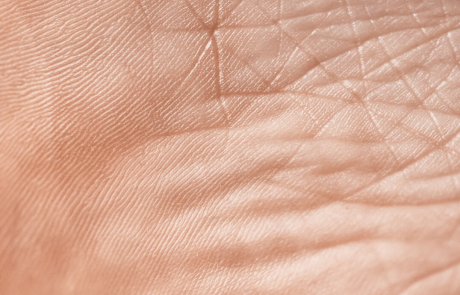
Exploring the Great Unknown of the Skin Microbiome
Most people have about 21 square feet of skin — and inside your skin is an entire world called the microbiome. This world includes many different types of bacteria, viruses and fungi.
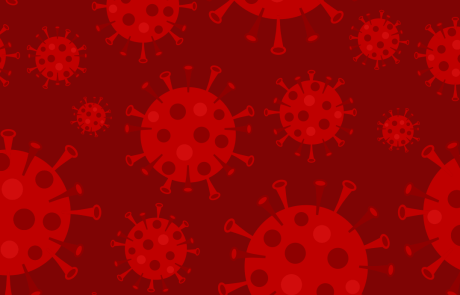
“We’ve Come So Far”: Key Findings and Answers About COVID-19
Since the pandemic started, BRI researchers have been hard at work trying to understand COVID-19’s biggest mysteries — like why people have such different responses to the virus and how it affects people with autoimmune disease.
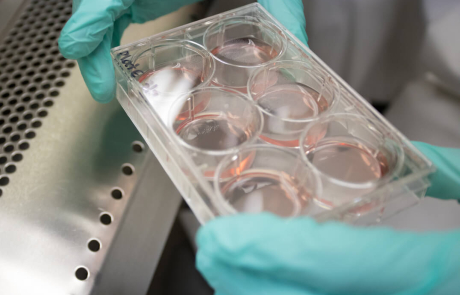
A Letter From Our President: Latest Advances at BRI
We’ve been living in a world of COVID-19 for over a year. In the face of a pandemic, BRI’s vision — a healthy immune system for everyone — has become more important than ever. We’re so thankful for the incredible support from you, our community.

Testing a Vaccine That's Changing the World
In August 2020, BRI Research Nurse Anna Barash, RN, gave some of the earliest doses of Pfizer’s COVID-19 vaccine to people in Washington. That day, she was laser-focused on following every step of a detailed protocol. The impact of her work didn’t sink in until later.

How Volunteers Fuel Immune System Disease Research
When Micah Mansfield learned that he could help scientists better understand the immune system through the Sound Life Project, he didn’t think twice about signing up.
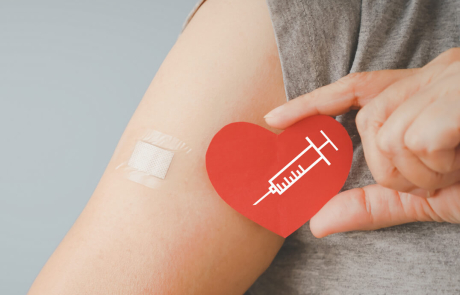
Type 1 Diabetes Valentines
Raising a child with type 1 diabetes takes patience. Blood sugars rise and fall unpredictably, affecting nearly every aspect of daily life. It takes attention to detail.


